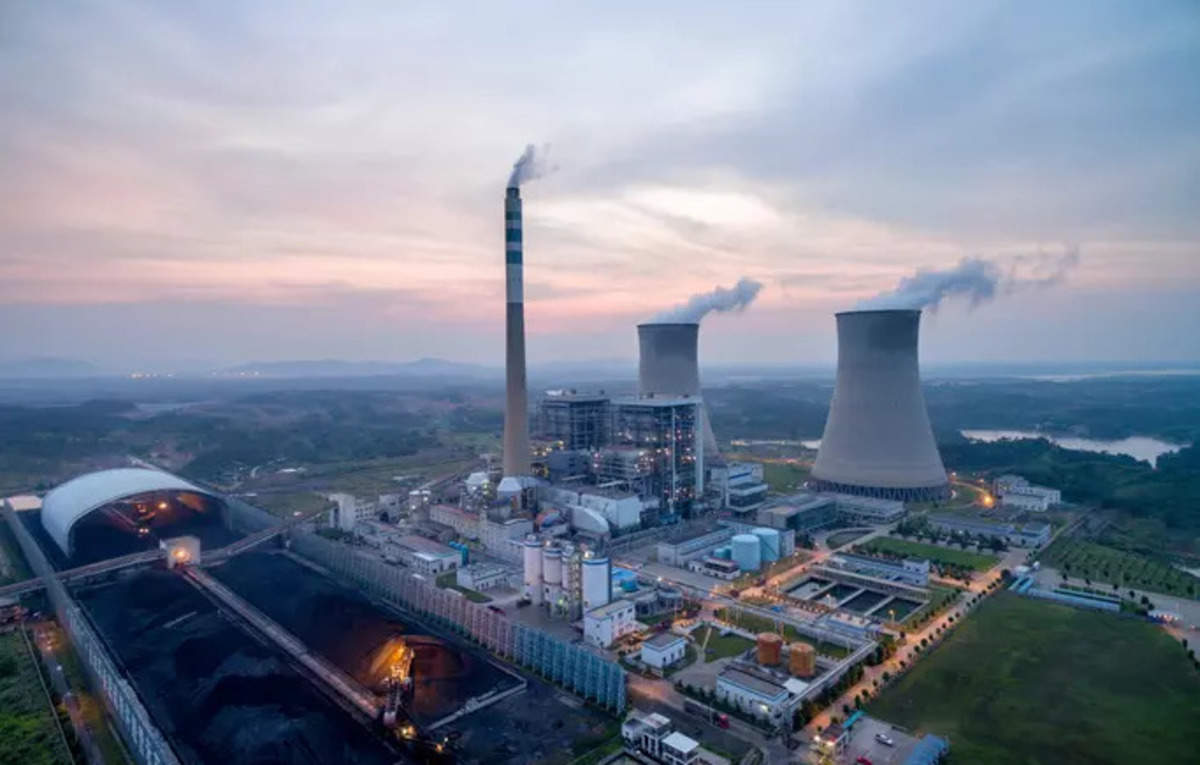Delhi's Coal-Based Power Plants Threaten to Wreak Havoc on Environment

New Delhi: A shocking revelation has emerged from a study conducted by the Centre for Research on Energy and Clean Air (CREA), suggesting that coal-based thermal power plants in the National Capital Region are failing to live up to government deadlines for installing flue-gas desulfurisation (FGD) technology.
With the NCR's air quality still struggling, despite recent efforts, the CREA report has revealed that these plants emit an alarming 281 kilotonnes of SO2 into the atmosphere each year. However, with the integration of FGD technology, this figure could be drastically reduced to just 93 kilotonnes annually.
Despite government directives dating back to 2015 for the installation of FGD technology in coal-based power plants, progress has been slow. Only two plants – Mahatma Gandhi Thermal Power Station in Haryana and Dadri Thermal Power Plant in Uttar Pradesh – have made significant strides, with only one facility fully equipped.
The CREA report suggests that three power plants – Talwandi Sabo (Punjab), Rajpura (Punjab) and Panipat (Haryana) – could see the largest reductions in emissions once FGD technology is installed. These plants currently emit 48 kilotonnes, 35 kilotonnes and 40 kilotonnes of SO2 annually.
The analysis highlights that thermal power plant emissions are significantly higher than those caused by stubble burning, with a staggering 16 times more SO2 released each year from the NCR's thermal plants. However, while significant contributors to air pollution in terms of particulate matter (PM2.5) and carbon dioxide (CO2), stubble burning does not emit as much SO2.
Experts say that delays in installing FGD technology have led to concerns about the effectiveness of government regulations aimed at curbing sulfur dioxide emissions. With Delhi's air quality still posing significant health risks, it is crucial for these plants to adhere to the required deadlines and implement technologies that can significantly reduce their emission levels.
In related news, Delhi registered a recorded Air Quality Index (AQI) of 441 on Sunday evening, becoming the second-most polluted city in India behind Bhilwara. On Saturday, the AQI rose to 417 for the 24-hour period, highlighting ongoing air pollution challenges in the region.
